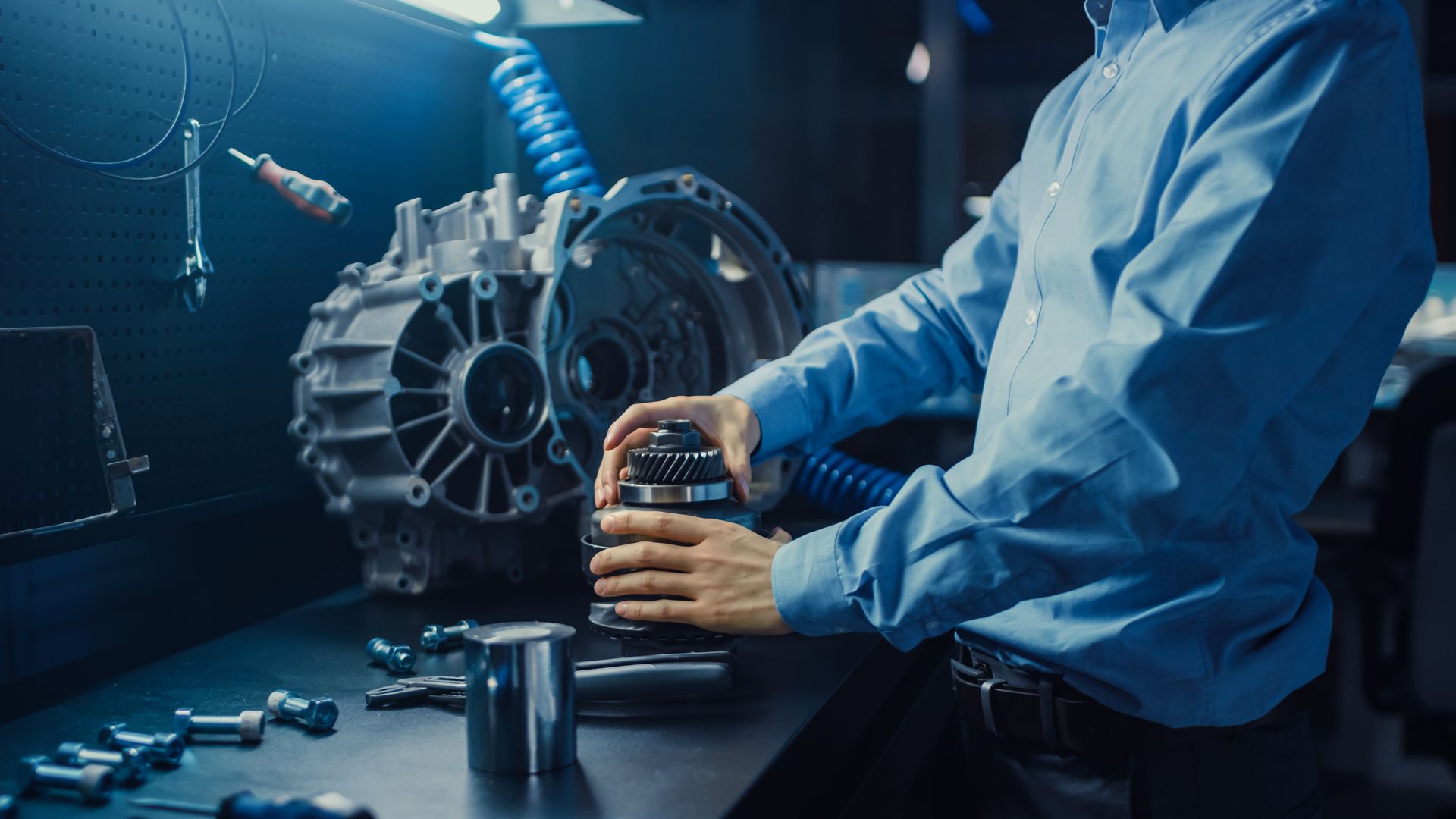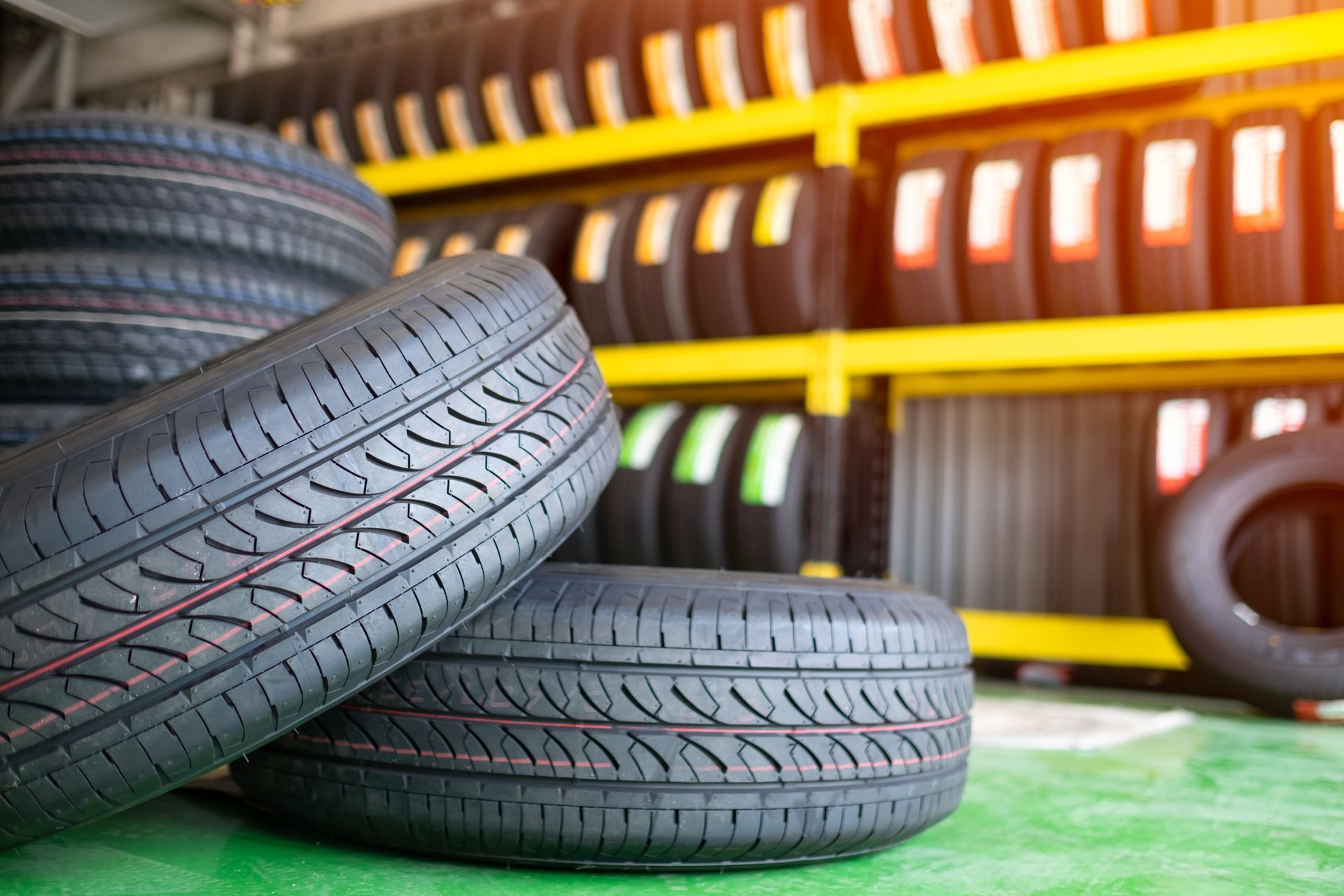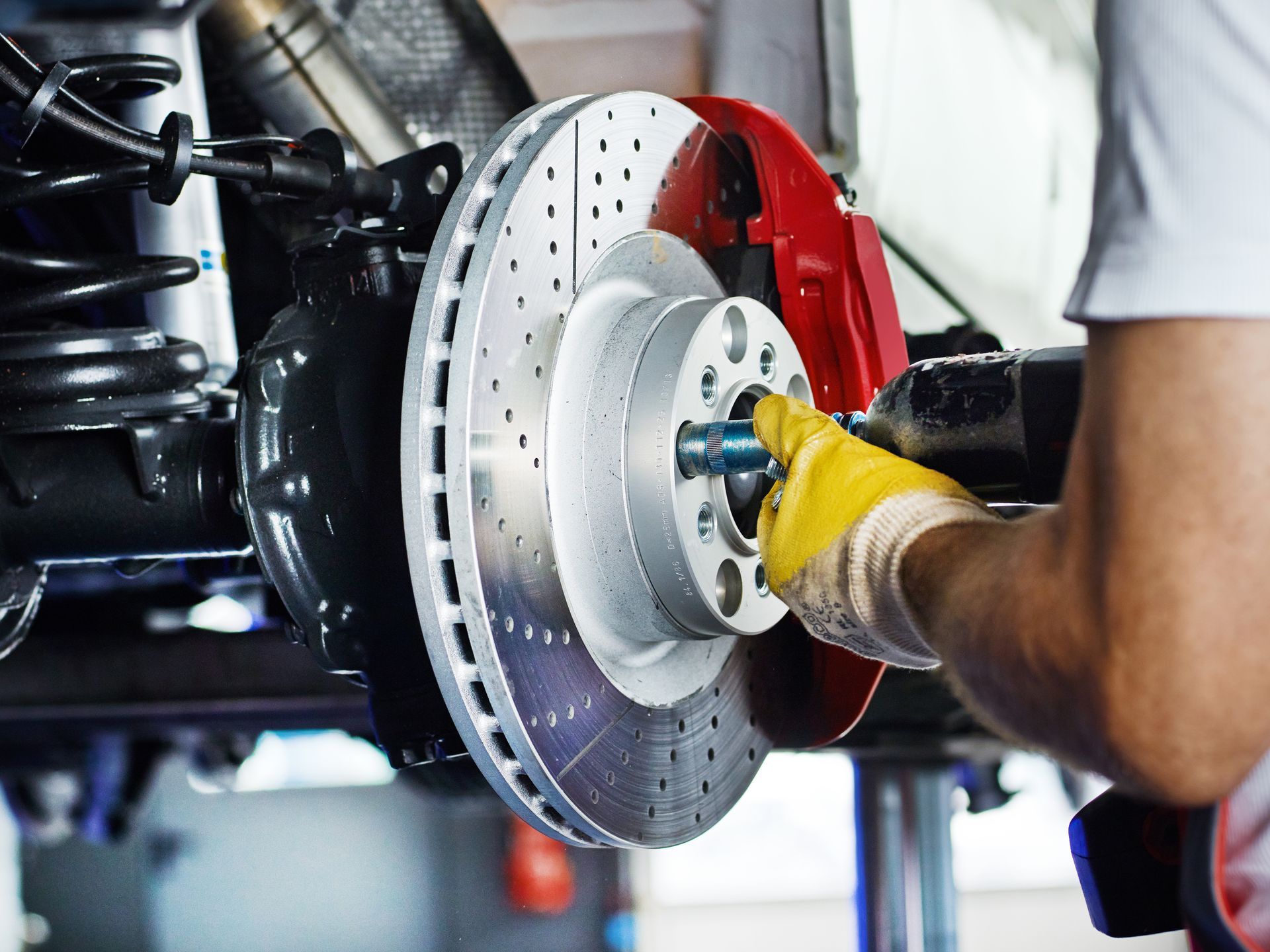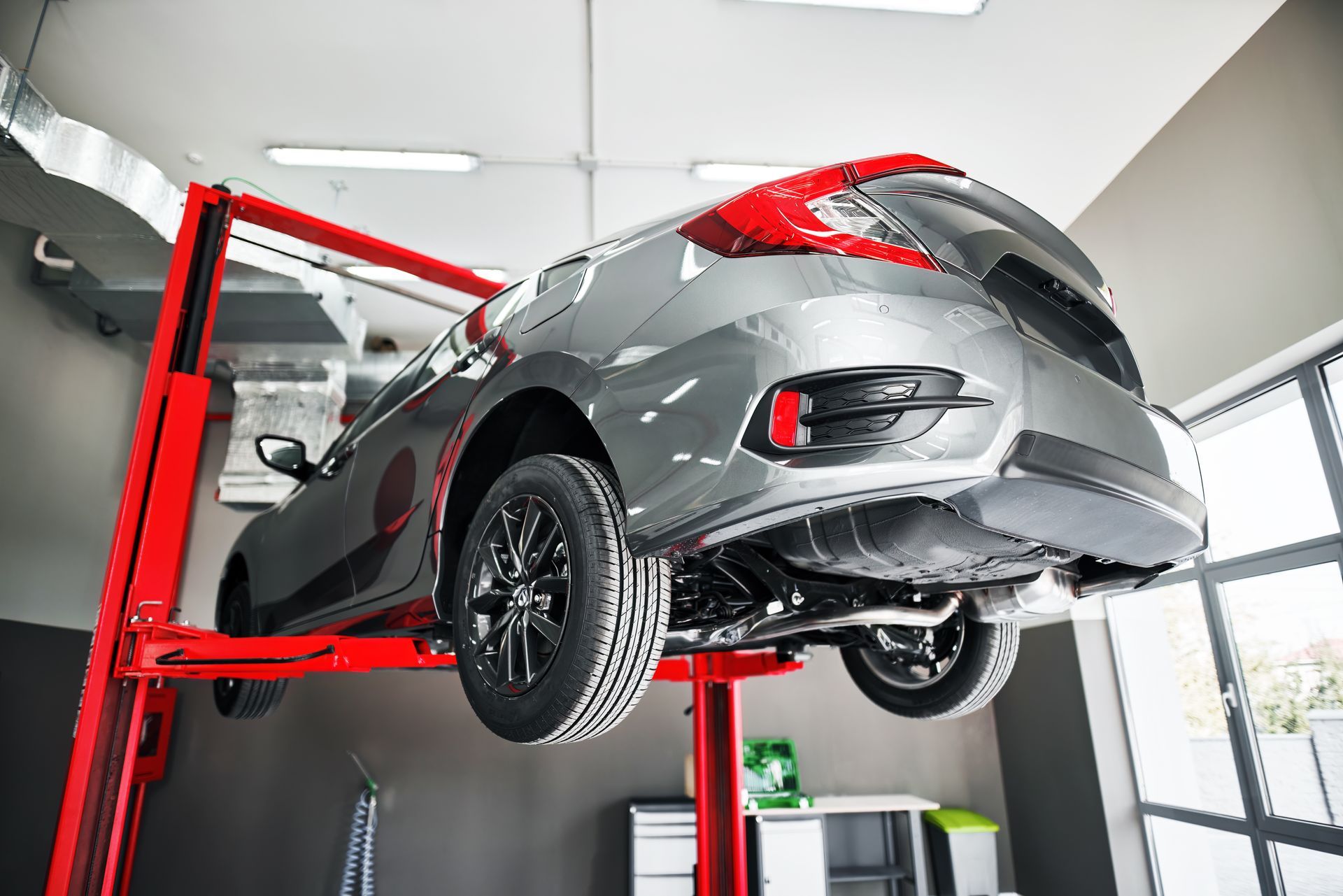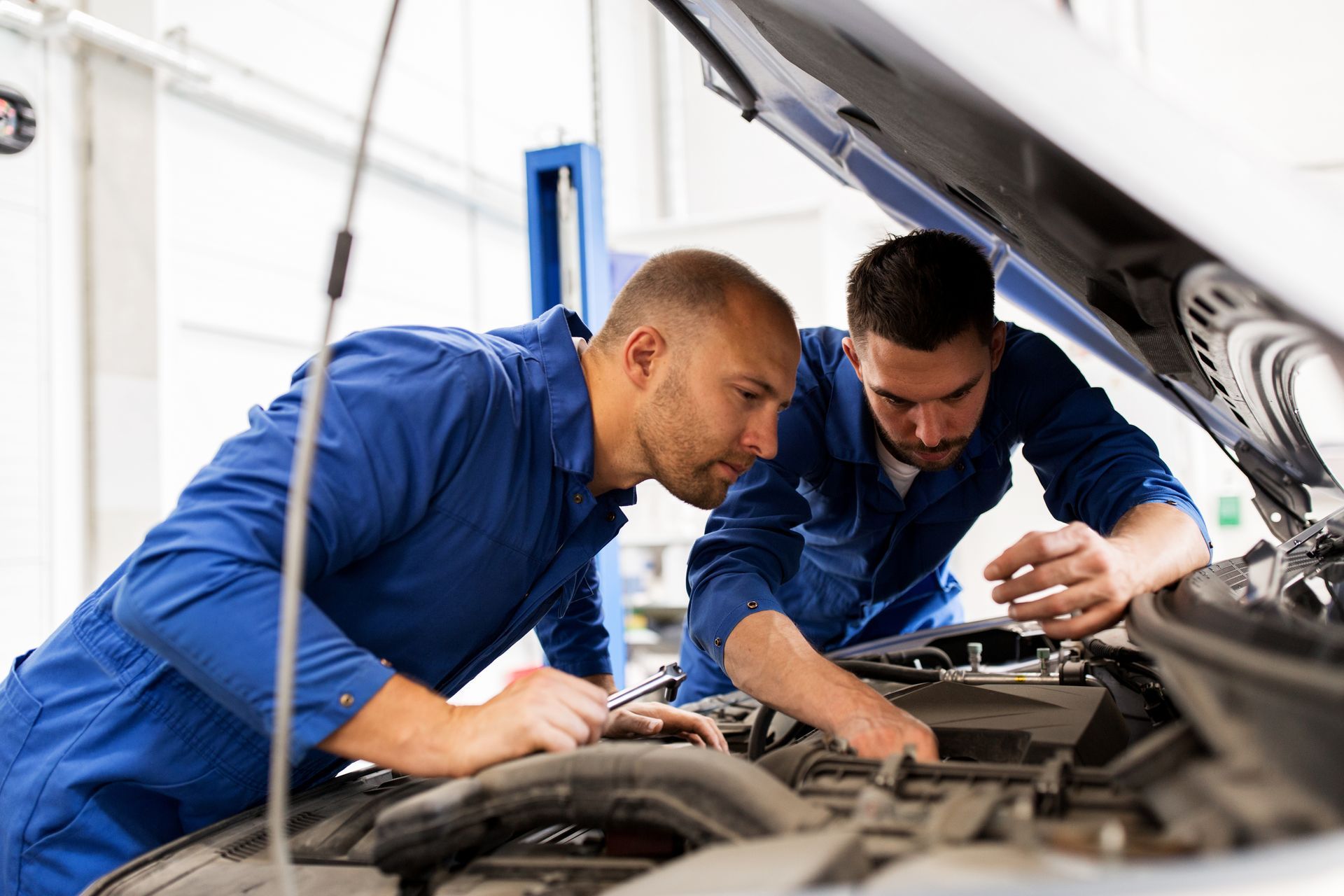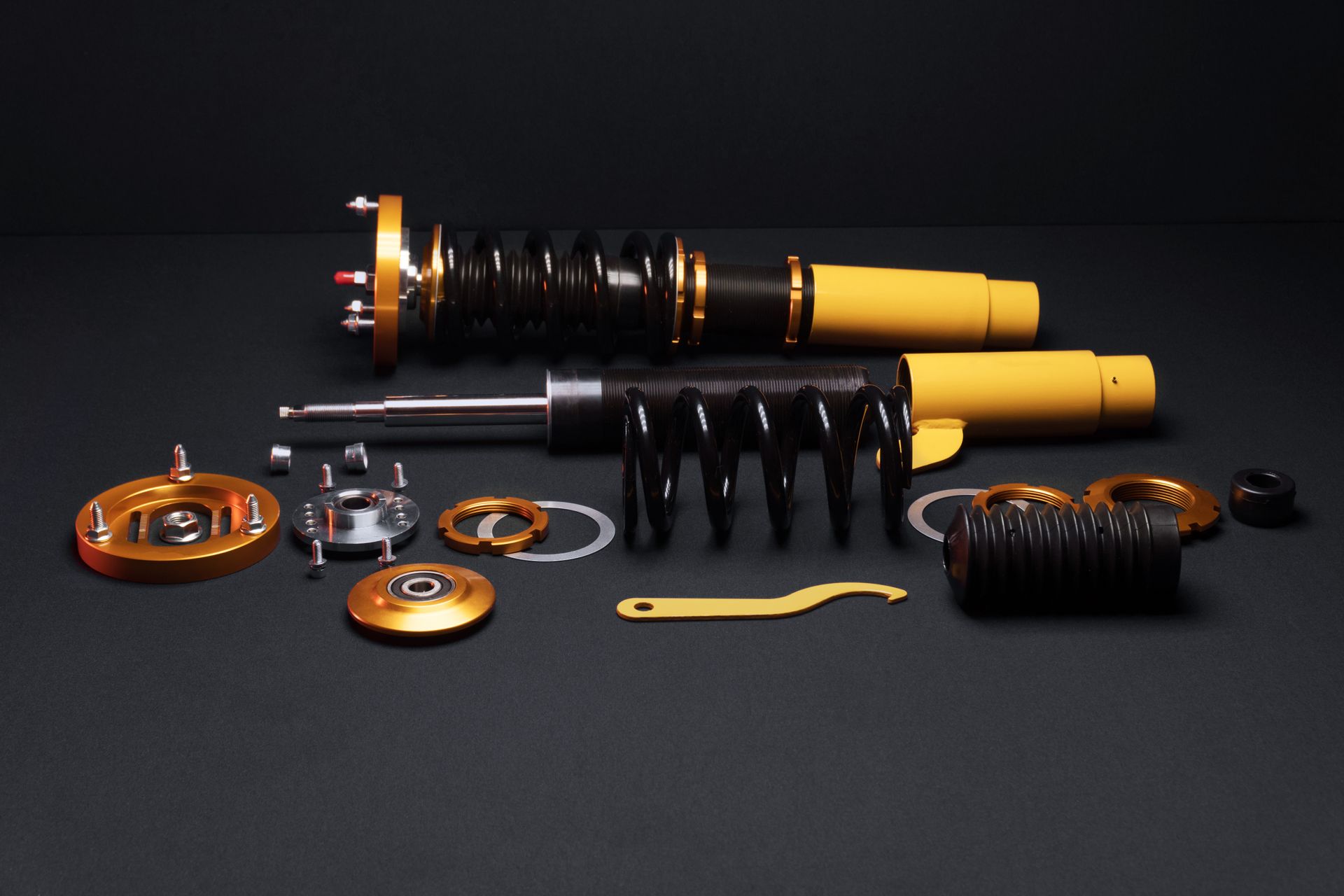The cooling system is a critical component of your vehicle, responsible for regulating engine temperature and preventing overheating. Proper maintenance of the cooling system is crucial to ensure optimal engine performance, prevent costly repairs, and extend the lifespan of your vehicle.
Engine Temperature Regulation:
The primary function of the cooling system is to regulate the engine’s temperature. It prevents the engine from overheating, which can lead to severe damage and costly repairs. The cooling system circulates coolant through the engine and radiator, absorbing heat generated during combustion and dissipating it into the surrounding air. Regular maintenance, including coolant flushes and thermostat checks, ensures that the cooling system is functioning correctly and effectively regulating engine temperature.
Engine Performance and Efficiency:
An optimally functioning cooling system plays a significant role in engine performance and efficiency. When the engine operates at an optimal temperature, it performs more efficiently, resulting in better fuel economy and reduced emissions. By maintaining the cooling system, you ensure that the engine operates within the recommended temperature range, maximizing its performance and minimizing the risk of decreased efficiency.
Prevention of Overheating:
Overheating can cause severe damage to the engine, resulting in costly repairs and potential engine failure. Regular maintenance of the cooling system, including checking coolant levels, inspecting hoses and belts for leaks or cracks, and monitoring the radiator for debris, helps prevent overheating. By addressing any issues promptly, you can avoid the risk of engine damage and the associated financial implications.
Extended Engine Lifespan:
A well-maintained cooling system contributes to the longevity of your vehicle’s engine. Overheating can lead to internal engine damage, such as warped cylinder heads, blown gaskets, or cracked engine blocks, which can significantly shorten the engine’s lifespan. By properly maintaining the cooling system, you reduce the risk of overheating, extend the engine’s lifespan, and increase the overall durability and reliability of your vehicle.
Reduced Risk of Coolant Leaks:
Coolant leaks can lead to a loss of coolant, compromising the cooling system’s ability to regulate engine temperature. Regular inspections of hoses, connections, and the radiator for signs of leaks or cracks help identify and address issues early on. By promptly repairing any coolant leaks, you ensure the cooling system operates efficiently, maintaining proper coolant levels and preventing potential engine damage.
Avoidance of Costly Repairs:
Neglecting the cooling system can result in costly repairs. Engine overheating can cause severe damage to various components, such as the radiator, water pump, thermostat, or head gasket, which may require expensive repairs or even engine replacement. By investing in regular cooling system maintenance, you can catch potential issues early, address them before they escalate, and avoid costly repairs down the line.
Maintaining your vehicle’s cooling system is vital for optimal engine performance, prevention of overheating, extended engine lifespan, and avoidance of costly repairs. A well-maintained cooling system contributes to the overall durability, reliability, and performance of your vehicle, allowing you to enjoy a trouble-free driving experience.

